With two remarkable debuts, Lyric Opera delivers a rich and compelling “Tosca”
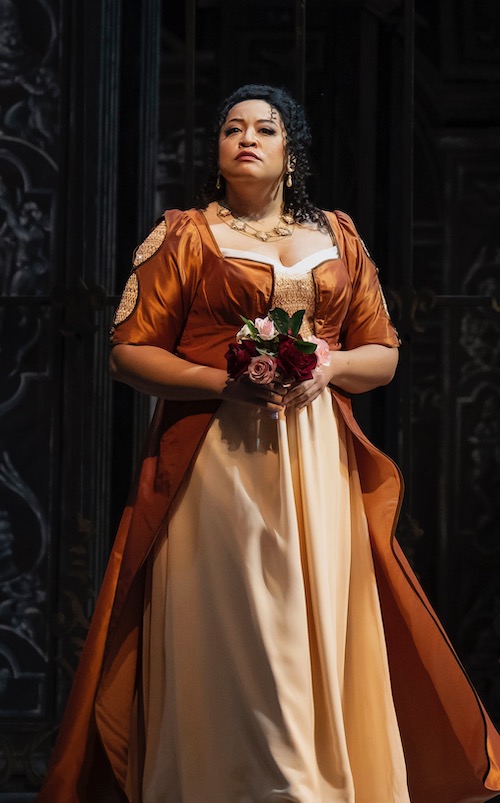
Giacomo Puccini’s Tosca is one of those failsafe operas that almost always work in the theater, even with a weak singer in one of the three principal roles, an inept staging or middling conducting.
On Saturday night Lyric Opera gave us something much more than passable with one of the finest productions of Puccini’s “shabby little shocker” Chicago has seen in many years. The evening benefited enormously from two significant debuts: soprano Michelle Bradley in the title role and conductor Eun Sun Kim leading the orchestra in the pit.
Kim has been on a virtual conquering tour of the country’s leading opera houses since taking up her position as music director of San Francisco Opera last summer. The Korean conductor made an acclaimed debut at the Metropolitan Opera in November with Puccini’s La Boheme and Saturday night it was the turn of Chicagoans to judge for themselves.
It ain’t hype and Kim demonstrated that she is the real thing opening night. Time and again, she brought out the beauty of the music and Puccini’s luxuriant scoring to a startling degree that effectively made the Lyric Opera Orchestra a fourth principal on stage with the singers.
To make a score as familiar as this seem fresh and newly minted is no small feat, yet Kim and a responsive, clearly invigorated Lyric Opera Orchestra did so. Such subtle details as the triplets against warmly yielding string phrases or the birdlike wind twittering when Tosca speaks longingly of the house and garden she shares with her lover came across as clearly as the malign, aggressive force of Scarpia’s theme, with cinematic impact and immediacy.
Few Lyric singer debuts in recent years have been as eagerly anticipated as that of Michelle Bradley. And almost across the board the soprano not only met but exceeded the high expectations.
Bradley’s voice is extraordinary, a rich, creamy soprano, evenly and seemingly effortlessly produced across her range. Her resplendent singing enlivened every moment, whether in playful scenes with her lover Cavaradossi, her offstage singing of the cantata, or her intense extended psychological duel with the corrupt Scarpia. She delivered an impassioned, sensitively sung “Vissi d’arte,” albeit fading out on the vocal diminuendos and briefly going off the center of the final note.
One expected big vocal gleam, but what was surprising was Bradley’s dramatic ability and the depth of characterization she brought to Floria Tosca. Looking lovely and every inch the imperious title diva, she brought out the character’s mercurial side from her sensual teasing with Cavaradossi to her sudden, almost bipolar jealousy when she suspects her lover of being unfaithful. In Act 2, she acutely registered Tosca’s desperation with reactions that made every twist and turn of her battle with Scarpia in Act 2 intense and credible.
Michelle Bradley is clearly a singer on the road to stardom and one hopes that she will become a regular presence in Chicago in future seasons.
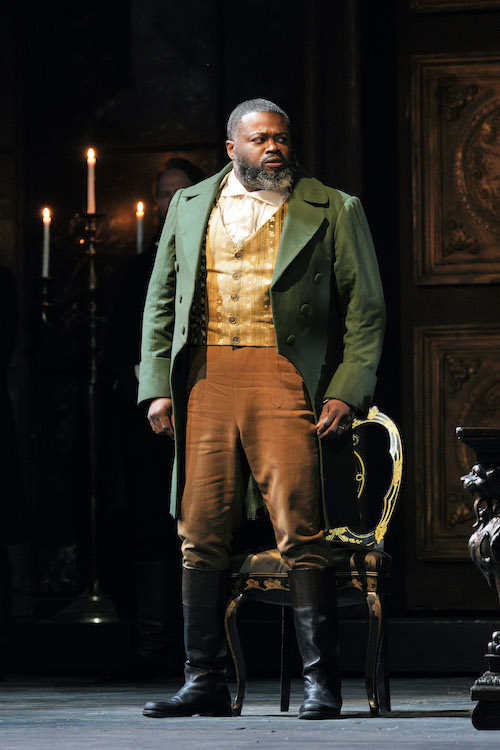
As Tosca’s lover Cavaradossi, Russell Thomas proved a worthy partner for Bradley. The tenor showed fine dramatic engagement throughout and was a much livelier and characterful stage presence than in some of his stiff past performances.
Vocally, Thomas did everything the role calls for, assaying his two big arias fluently and hitting top notes with ringing power and accuracy, including rafter-ratings cries of “Vittoria!” Still, one was never quite convinced that the singer’s dark-hued instrument is as naturally suited to Puccini as it is to Verdi. Thomas’s somewhat grainy tenor lacks the golden tone and sweetness on top to really float the long lyrical lines. While he delivered an ardent “Recondita armonia” his “E lucevan e stelle” was more brawny than desperate and despairing.
Also making a house debut was Fabian Veloz as the villainous Baron Scarpia. The Argentine baritone’s voice is on the light side for this role, and seemed especially so in this big-voiced company, his underpowered Te Deum failing to project over the chorus and orchestra. Dramatically, however, Veloz was superb. He embodied the corrupt police chief with an understated air of arrogant authority and hypocritical piety while not overdoing his lustful designs on Tosca.
Mercifully, this time Lyric Opera didn’t snatch defeat from the jaws of victory with a disastrous production set on the moon or ruined by Eurotrash excess.
The present Tosca staging is as traditional as it gets, borrowing the Met’s retired Jean-Pierre Ponnelle production. It has become a rarity at Lyric in recent years to experience such stage-filling visuals as Ponnelle’s epic sets offer, and the present show makes one realize how much this kind of sumptuous, old-fashioned stagecraft has been missed. Marcel Escoffier’s costumes were similarly lush and elegant.
Rivers Hawkins was the political prisoner Angelotti, whose escape from jail sets the wheels of the plot into motion. The first-year Ryan Center member showed an impressive bass voice though proved a rather low-energy presence for a desperate man on the run.
Alan Higgs’ Sacristan was another installment in the role’s hoary tradition of managing to be hammy without being funny. Rodell Rosel was an aptly weaselly Spoletta.
Hapless stage direction has been the undoing of more Lyric Opera productions than one can count over the past decade. So, it was a refreshing pleasure to experience the professionalism and unobtrusive faithfulness to the score that director Louisa Muller brought to this Tosca. The acting by all three principals was so good that one was drawn into the unfolding drama as if seeing it for the first time, for which Muller must share credit. Nearly every element registered clearly and with the intended effect, from the crowded mass in Act I to such quiet moments as Tosca setting the candles at the head of the dead Scarpia.
There were a couple minor fluffs opening night. Veloz accidentally knocked the painter’s brush box to the floor and one guard escorting Cavaradossi in Act 3 forgot to take his mask off before coming on stage. More crucially, the dubious staging of Tosca’s climactic leap was poorly coordinated making a decidedly anticlimactic coda to an intensely dramatic evening. (Admittedly the height of the Ponnelle sets makes safe options limited.)
The evening began with the Lyric Opera Orchestra and Chorus performing the Ukraine national anthem as a gesture of support for the besieged nation. Such occasions have become commonplace in recent weeks at America’s opera houses and concert halls as a response to Russia’s invasion. Yet it was undeniably a moving experience to hear the anthem stirringly performed with all opera house patrons standing in solidarity.
Tosca runs through April 10. lyricopera.org
Posted in Performances
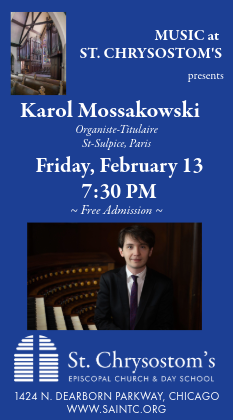
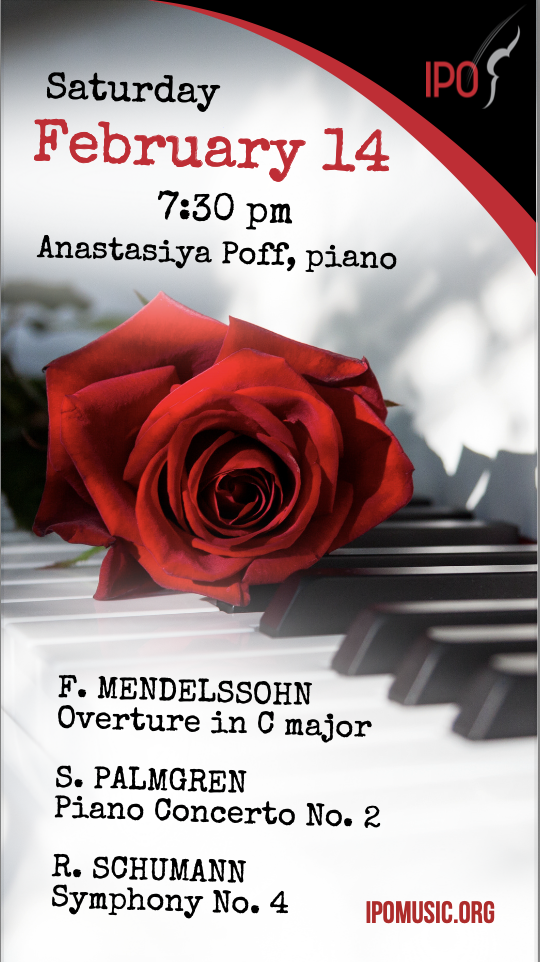
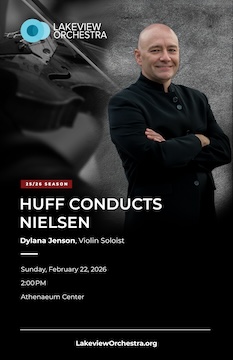
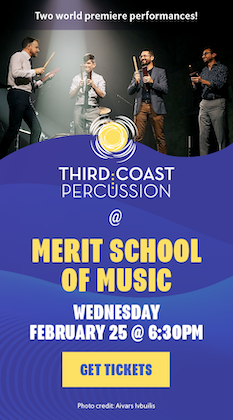
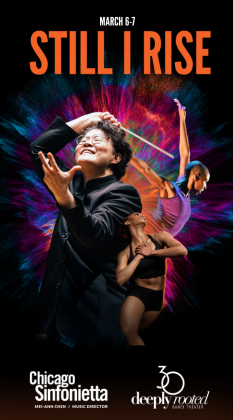
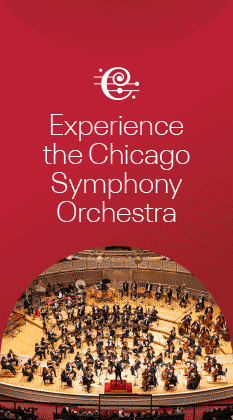
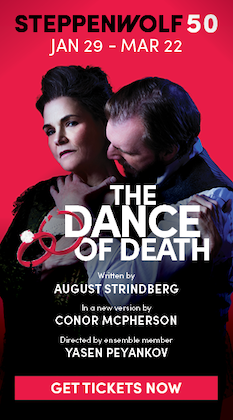
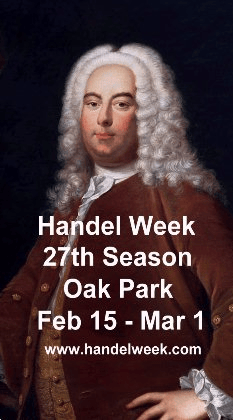
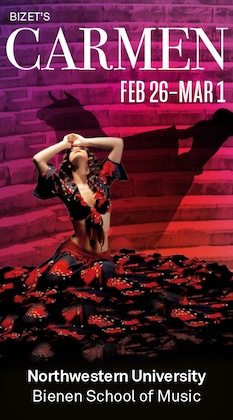
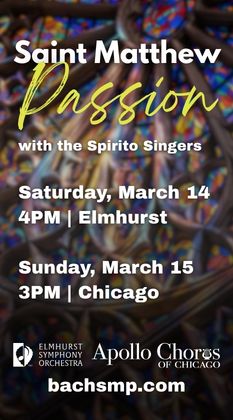
Posted Mar 27, 2022 at 10:26 am by Jason Bowden
>It ain’t hype
Yes, it is. And the classical world shouldn’t shill since streaming services give modern audiences access to a galaxy of reference recordings.
Puccini wrote with economic expressiveness. At the performance I attended, Boomer death-coughing ensued in the second act because redrum and epar demand hot-blooded forcefulness from the orchestra. Instead, we heard every detail balanced within unity: Beauty. What’s wrong with that? Dominant instrumental lines will lack incision, tension, and urgency. Gooey atmospheres, whether benign or malign, kill momentum. Wouldn’t it be better to hear bite, punch, and excess? Why not just sweep the audience away with the criminal dream of sinful desire?
We don’t always need a little more cowbell.
Kim is merely competent.
The orchestra needed to kick ass, and it sounded contained and fluffy. Use the available firepower! Give Scarpia backup; don’t leave him on a sonic island!